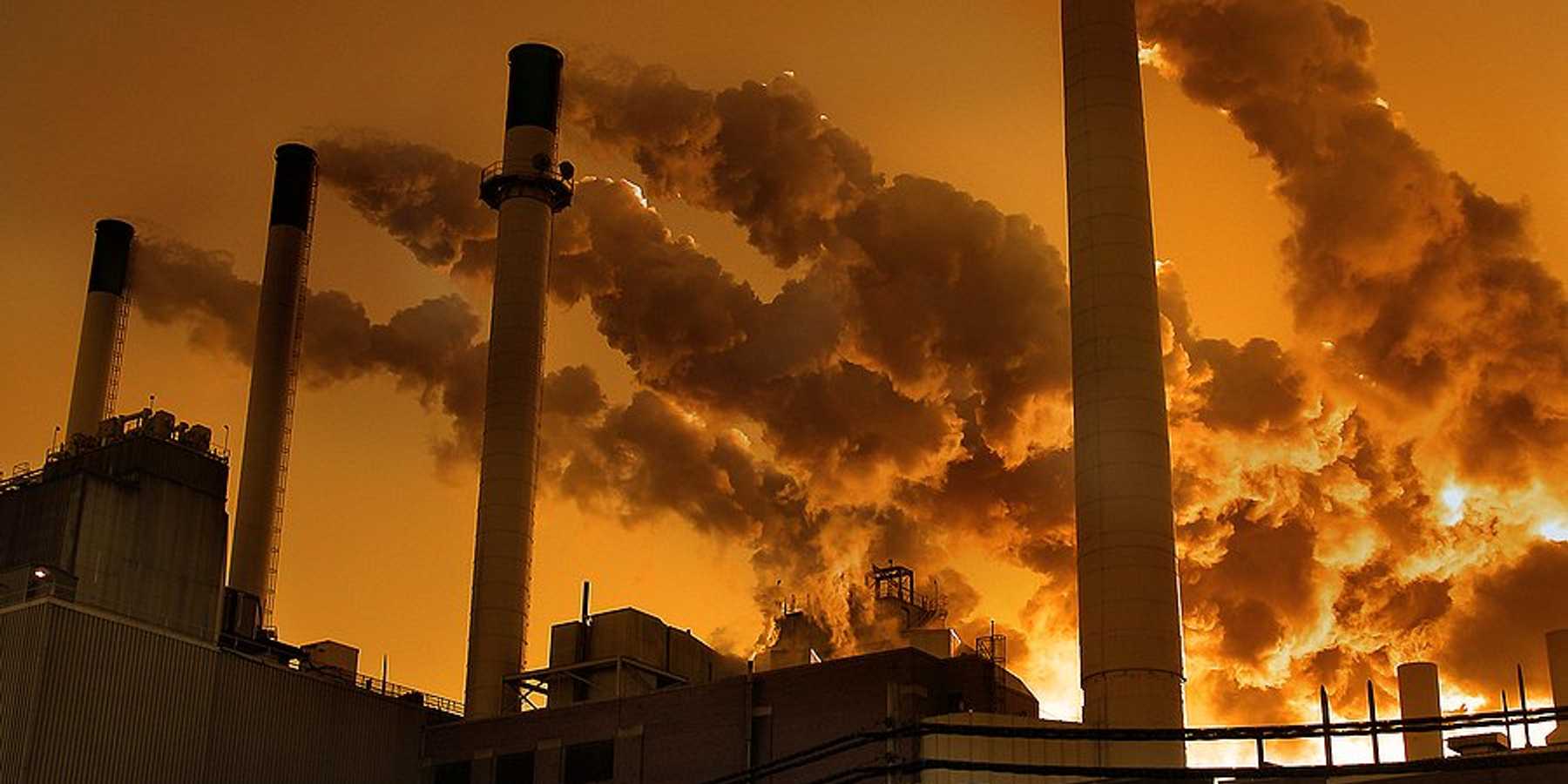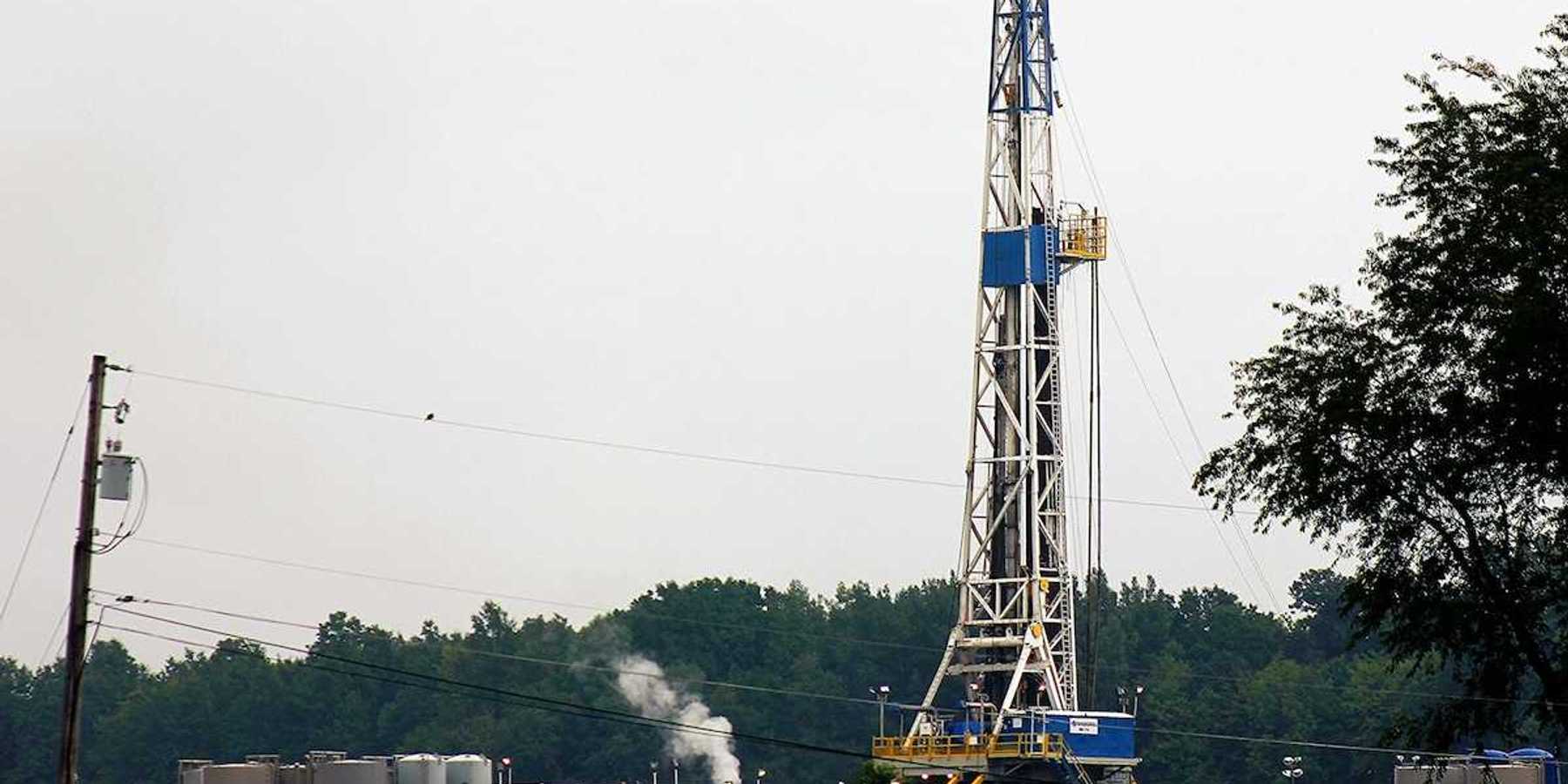‘Cerberus’ heatwave brings searing temperatures to Europe as Italy could hit 48C
The Independent writers Matt Drake and Stuti Mishra describe a heatwave named after a mythological underworld monster that could set a new record.
In a nutshell:
A heatwave is engulfing southern and eastern Europe, with temperatures in the Mediterranean expected to reach record highs. The heatwave is caused by an area of high pressure named Cerberus, which is forecast to bring temperatures of up to 48C to Sicily and Sardinia. The Red Cross has urged people to check on the most vulnerable during the high temperatures, and to stay hydrated, avoid caffeine and alcohol, and look out for signs of heatstroke.
Key quote:
Professor Richard Betts, climate scientist at the Met Office and University of Exeter told the BBC: “This is all a stark reminder of what we've known for a long time, and we will see ever more extremes until we stop building up more greenhouse gases in the atmosphere."
The big picture:
When fossil fuels are burned, they release greenhouse gases into the atmosphere. These gases trap heat, which warms the planet. As the planet warms, the atmosphere can hold more water vapor, which also traps heat. This creates a feedback loop that causes the planet to warm even more. While heat waves are a natural phenomenon, they are becoming more frequent and intense due to climate change. When the body is exposed to high temperatures, it works harder to cool itself down. This can lead to heat exhaustion, heat cramps and heat stroke. Heat exhaustion is a mild condition, but heat cramps and heat stroke can be life-threatening.
For more, check out The Independent article.
How can we stay healthy in the face of increasing heat? EHN spoke with heat equity experts about how young people can work toward protecting the most vulnerable from extreme heat and advancing climate justice.













